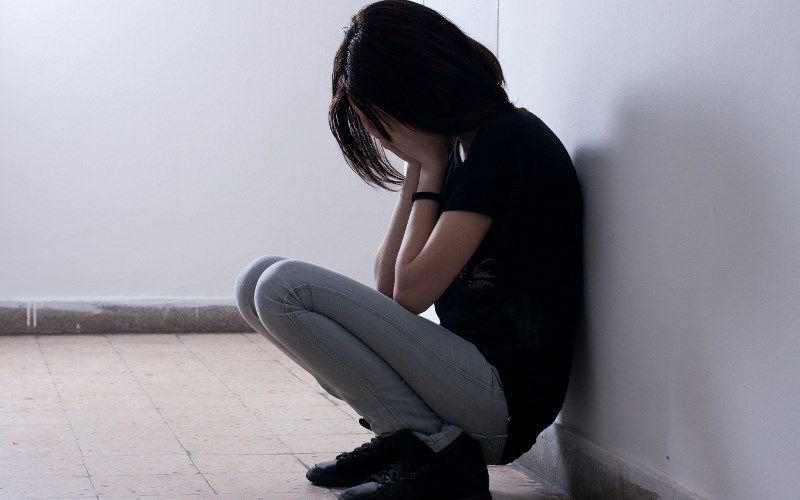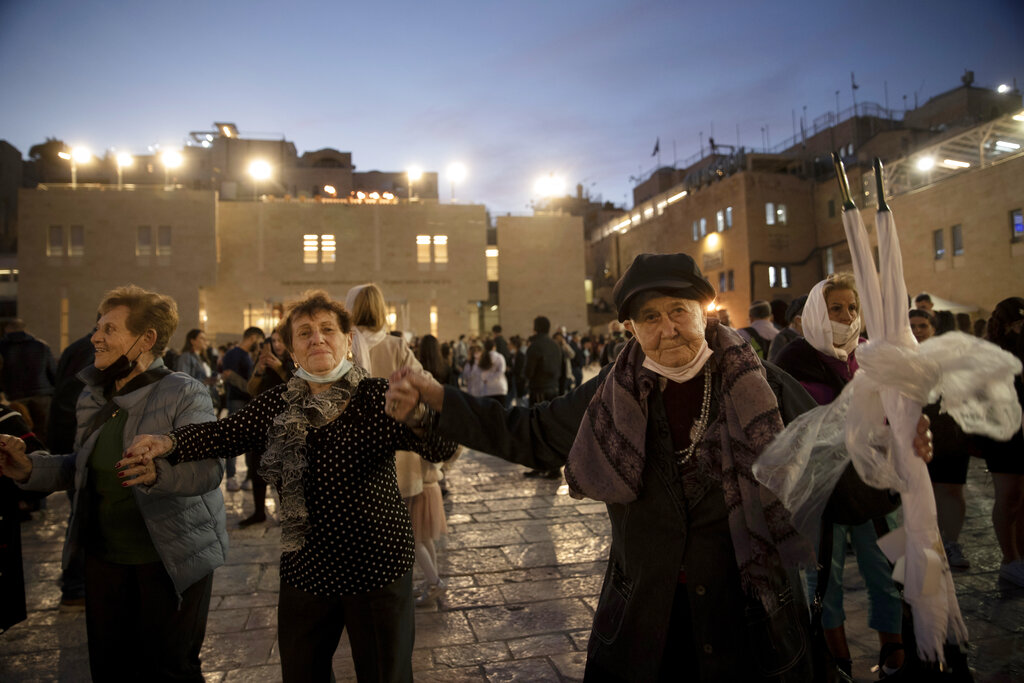Since the October 7 attack on Israel, graphic scenes of young children in the war-torn countries are all over the internet. Some have accompanied news accounts. Others were planted by the terrorists themselves to sow fear and intimidation.
The New York Times reports that one video of Hamas gunmen opening fire with an assault rifle on a car full of Israeli civilians has been viewed more than a million times on X, formerly Twitter, since it was uploaded the day after the attack.
So in the information age, without ever stepping foot near the rubble, young onlookers risk losing their innocence every time they log in. And with such easy access to social media, child welfare professionals say protection is less about shielding children from these images and more about equipping them to respond.
"It's important for our viewers to understand the difference between 'Big T' and 'Little T' traumas," Dr. Jennifer Bauwens, director of the Family Research Council's Center for Family Studies, told Washington Watch Thursday.
Big T traumas, she explained, are those things that cause what most people know about post-traumatic stress.

"Those things are unfortunate events like what we're watching today with this war. Those produce a neurological physiological response in our bodies, and certainly in our psyches and our spirits, that we can all recognize as very traumatic," she detailed.
But that is not the only kind of damage that occurs with Big T traumas.
After the 9-11 the terrorist attacks on America, for example, there was a direct correlation between images viewed by people and their trauma responses.
"Maybe they didn't rise to the PTSD level, but they had a response that was negative," Bauwens noted.
These events, she said, must be viewed as a learning opportunity, because "something is being learned one way or the other."
"Those things have a low-grade effect on our beings, and there's a lot of learning that goes on when we have that kind of big physiological dump of chemicals in our brain," she added.
The key to helping children through trauma
"Social support connections," Bauwens said, play an important role in mitigating trauma response.
"When we look at the spiritual aspect of trauma, we need to be connecting with God. We need to teach our kids how to connect with God in the moment," she submits. "In the midst of feeling fear, how do we receive comfort from the Holy Spirit?"
Parents and caregivers, she said, need to help children recognize true danger so they can cope with fear.
In other words, adults and parents alike must use the Lord's guidance to sift through the personal things that need to be resolved with the Lord and the environmental things that need to be a point of prayer.
"The gift of discernment is key for our day," Dr. Bauwens concluded.







